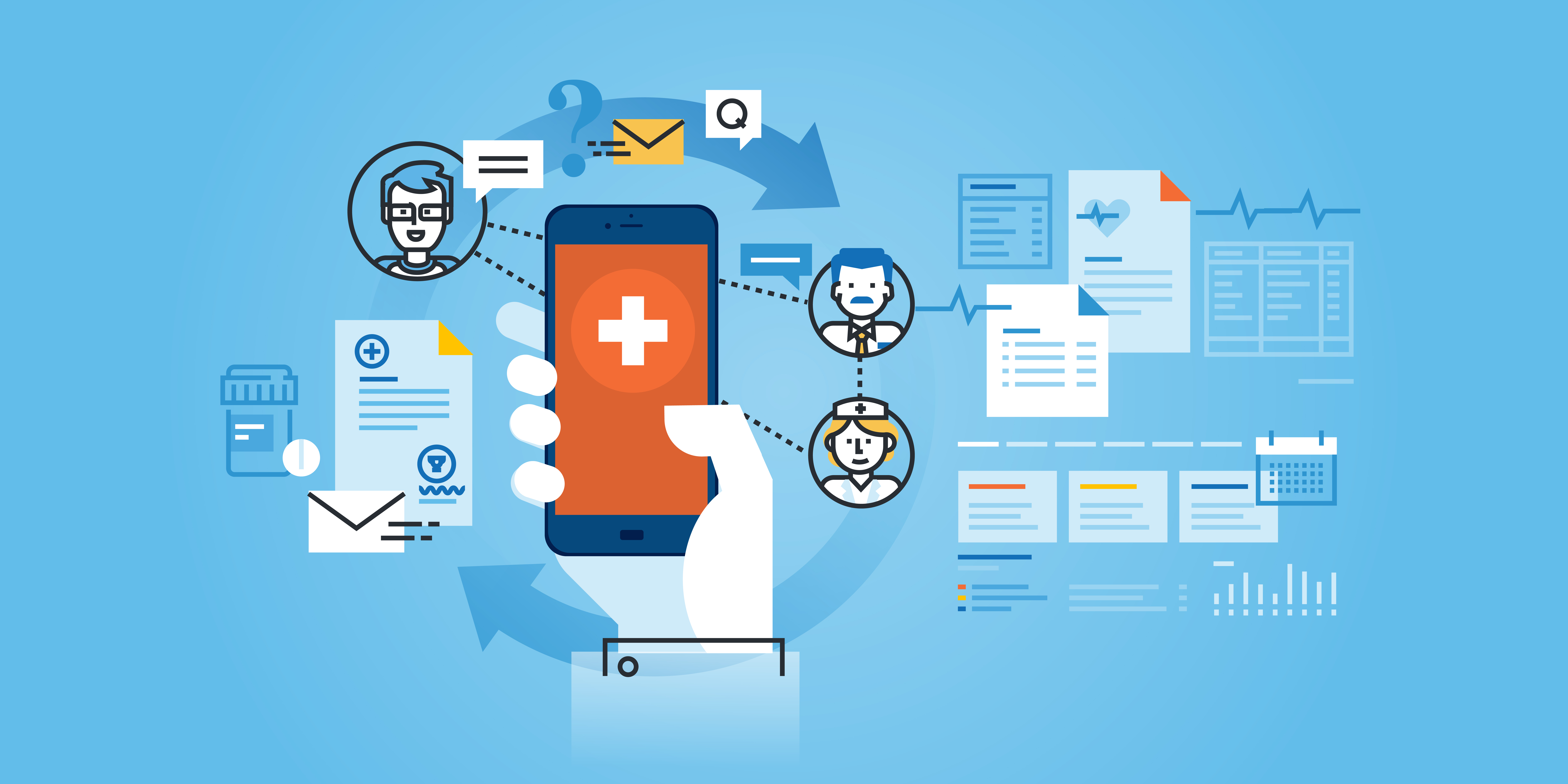Working in the lab comes with very strict rules and regulations in place for any business working in a lab. These rules and regulations protect healthcare professionals writing in that lab, the clients, and the customers the lab serves.
In order to make sure that a company is in compliance with these laws, it’s recommended to hire a laboratory compliance specialist to double check the details and make sure that all processes are up to code.
What Is Laboratory Compliance?
An ongoing effort put forth by healthcare businesses to ensure that they are up-to-date on all licensing and regulatory requirements is called Laboratory Compliance.
State, local, and federal agencies may require compliance with a long list of ever-changing rules and directives. It is the responsibility of the business to maintain awareness of those regulations and to ensure that they are operating according to standards and providing proof of that when necessary.
Laboratory Compliance Specialist Definition
When it comes to meaning laboratory compliance, a laboratory compliance specialist is essential. Sometimes called compliance officers, these professionals are responsible for keeping up with the latest changes and requirements and making sure that the company is doing everything they need to do.
This doesn’t just mean coming in once a year to check that everything is in compliance or responding when there is a violation. It means creating a compliance program that includes policies, processes, and procedures that ensure continual compliance.
Additionally, if there is an audit, investigation, or suspicion of a violation, the laboratory compliance specialist will dive into the problem, handle whatever results from the audit, and adjust policies and procedures accordingly.
Does Your Healthcare Business Need a Laboratory Compliance Plan?
Learn more about how laboratory compliances can impact your healthcare business legally and create a laboratory compliance plan that will protect you in court when you call Florida Healthcare Law Firm.




 More and more seniors are finding safety and security in continuing care communities (
More and more seniors are finding safety and security in continuing care communities (
 By:
By: